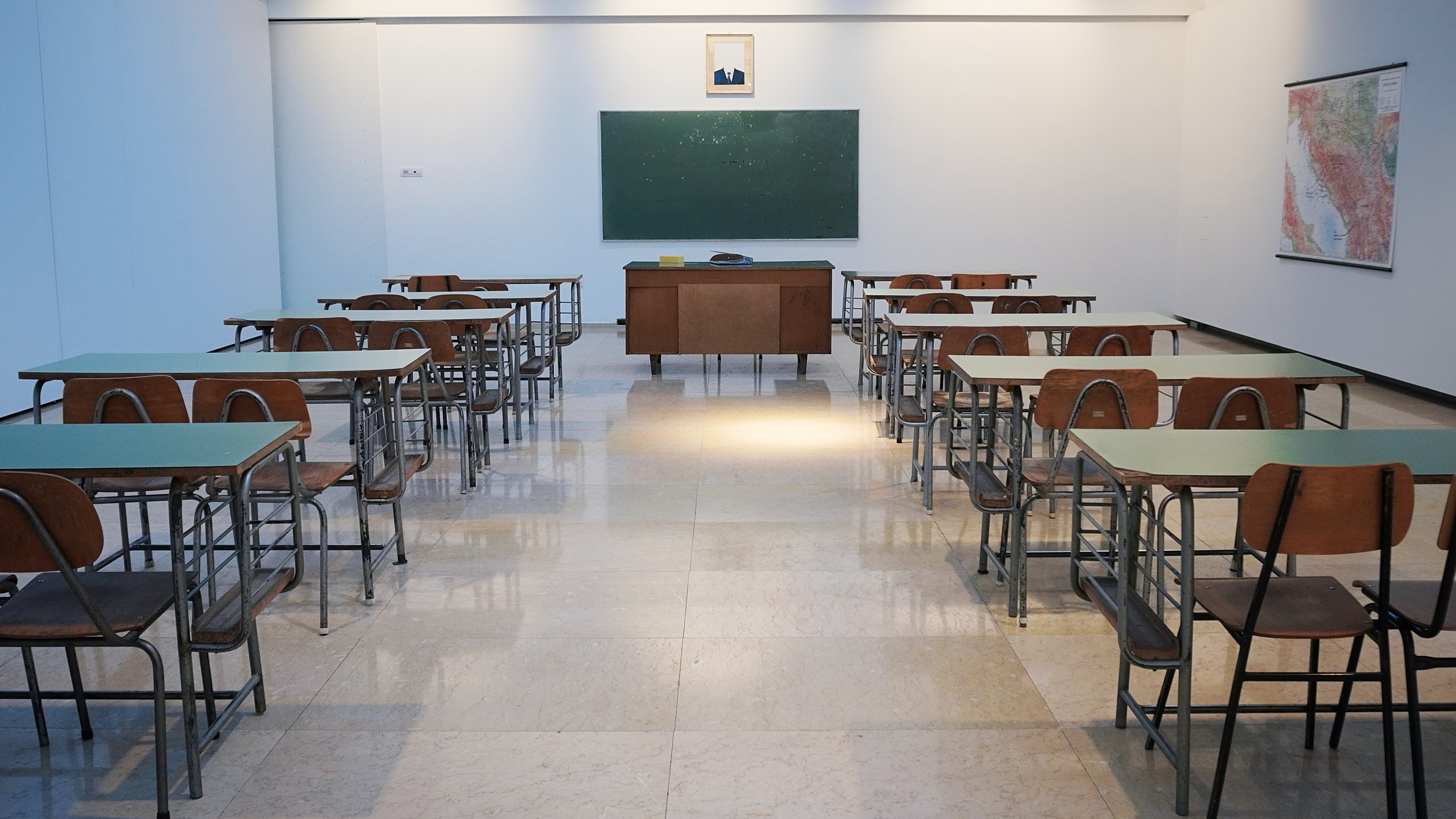
403
Sorry!!
Error! We're sorry, but the page you were looking for doesn't exist.
Greece's education system experiences decline amidst demographic crisis
(MENAFN) Greece's ongoing demographic crisis is leaving its mark on the country's education system, as reported by local media. Recent data reveals a significant decline in the number of primary school students over a five-year period from 2014 to 2019, according to the state broadcaster ERT.
During this time frame, the number of primary school students decreased by a substantial 16.5 percent. In specific figures, the count of children attending primary school in the 2019–2020 academic year dropped to 95,700. This represented a decline from 100,000 in the 2018–2019 school year and a more significant decrease from 114,600 in the 2014–2015 academic year.
The impact of this demographic shift is further emphasized by the Education Ministry's decision to suspend the operations of numerous kindergartens and primary schools for the upcoming 2023–2024 school year. This action is primarily attributed to a significant shortage of students, particularly in specific regions such as northwestern Epirus, northern Macedonia, and northeastern Thrace. These developments underscore the broader challenges that Greece is facing as it grapples with declining population trends and their repercussions across various sectors, including education.
During this time frame, the number of primary school students decreased by a substantial 16.5 percent. In specific figures, the count of children attending primary school in the 2019–2020 academic year dropped to 95,700. This represented a decline from 100,000 in the 2018–2019 school year and a more significant decrease from 114,600 in the 2014–2015 academic year.
The impact of this demographic shift is further emphasized by the Education Ministry's decision to suspend the operations of numerous kindergartens and primary schools for the upcoming 2023–2024 school year. This action is primarily attributed to a significant shortage of students, particularly in specific regions such as northwestern Epirus, northern Macedonia, and northeastern Thrace. These developments underscore the broader challenges that Greece is facing as it grapples with declining population trends and their repercussions across various sectors, including education.

Legal Disclaimer:
MENAFN provides the
information “as is” without warranty of any kind. We do not accept
any responsibility or liability for the accuracy, content, images,
videos, licenses, completeness, legality, or reliability of the information
contained in this article. If you have any complaints or copyright
issues related to this article, kindly contact the provider above.


















Comments
No comment